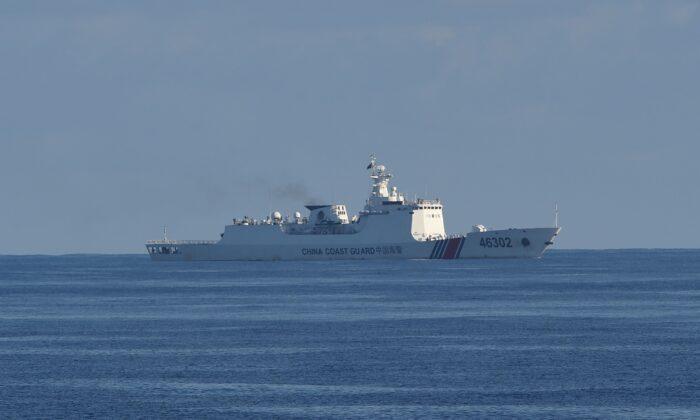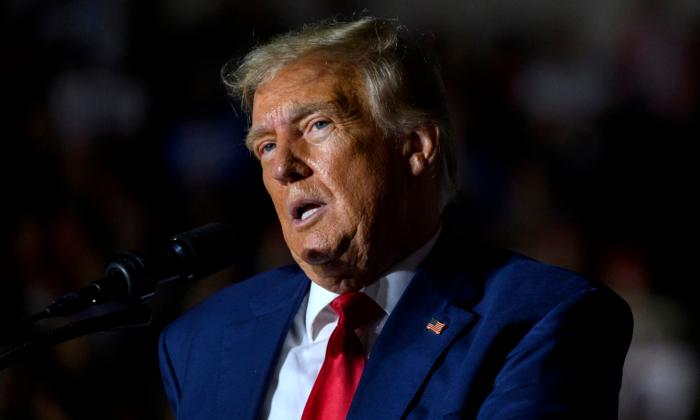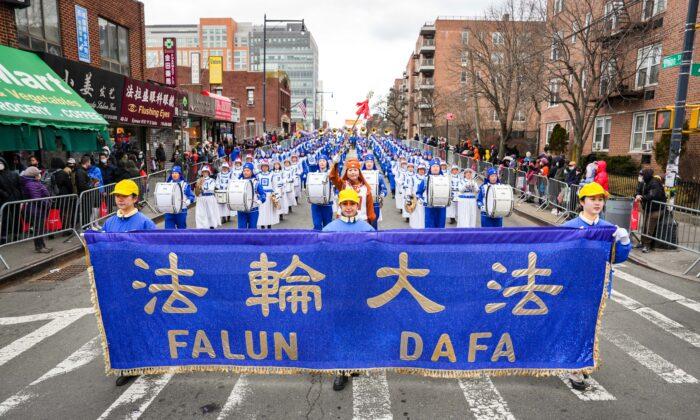The United States will bar entry to Chinese executives, navy officials, and others involved in Beijing’s military aggression in the disputed South China Sea region, Secretary of State Mike Pompeo announced on Jan. 14.
The move is the latest in a flurry of actions taken in the final days of President Donald Trump’s term to target the Chinese Communist Party’s (CCP) transgressions around the world.
Their immediate family members also may be affected.
“Beijing continues to send fishing fleets and energy survey vessels, along with military escorts, to operate in waters claimed by Southeast Asian nations and to harass claimant state oil and gas development in areas where it has failed to put forth a coherent, lawful maritime claim,” Pompeo said.
Beijing’s territorial claims over most of the South China Sea’s waters and resources were ruled as unlawful in a 2016 decision by an international tribunal. The Philippines, Vietnam, Malaysia, Brunei, and Taiwan have competing claims in the waterways. Home to rich fishing grounds and potentially valuable natural resources, the South China Sea is also one of the world’s major shipping routes.
“The Chinese Communist Party has used CNOOC and other state enterprises as weapons to attempt to enforce Beijing’s unlawful ‘Nine Dashed Line,’” Pompeo said, referring to the boundaries of the CCP’s territorial claim.
“CNOOC used its mammoth survey rig HD-981 off the Paracel islands in 2014 in an attempt to intimidate Vietnam. CNOOC’s then-chief executive touted that oil rig as ’mobile national territory.'”






Friends Read Free